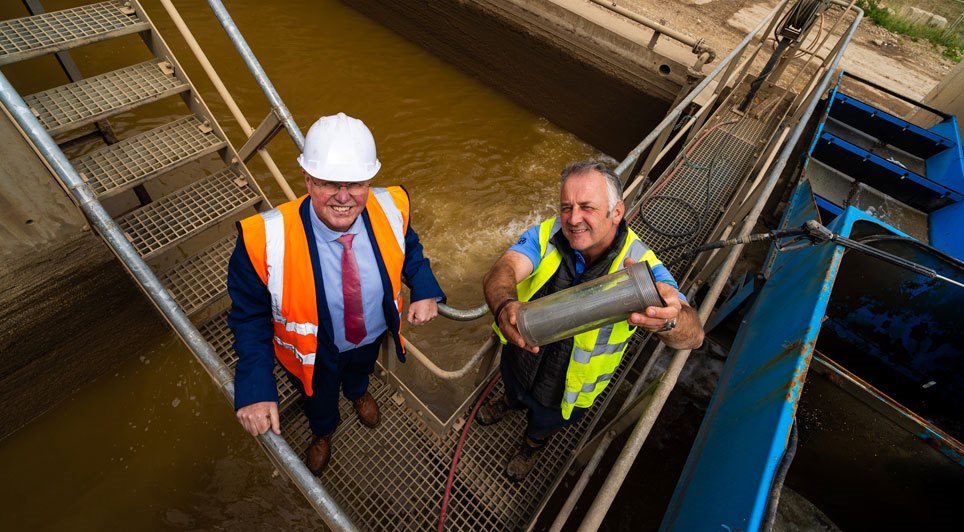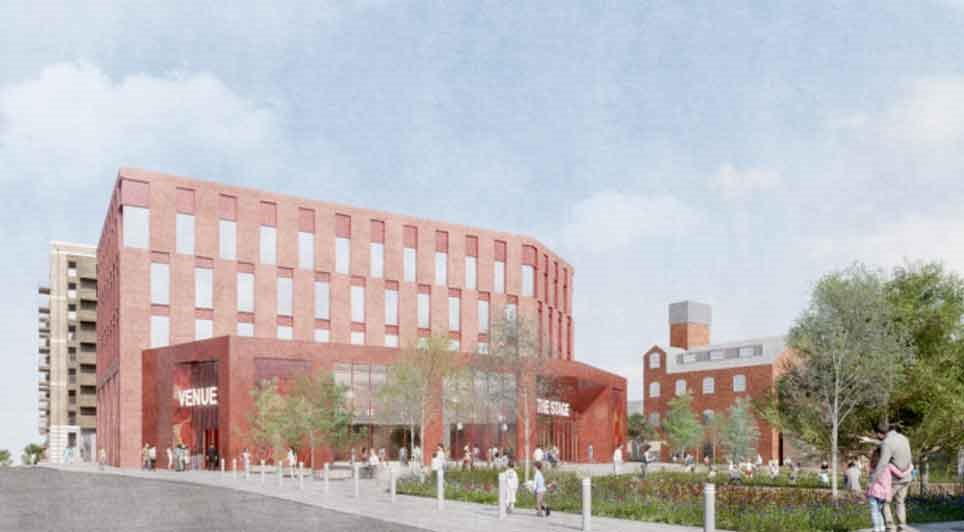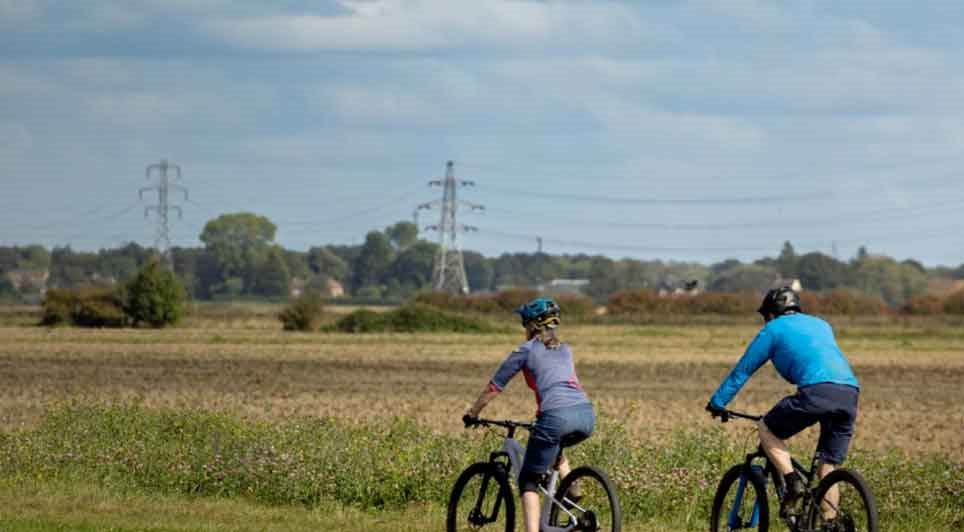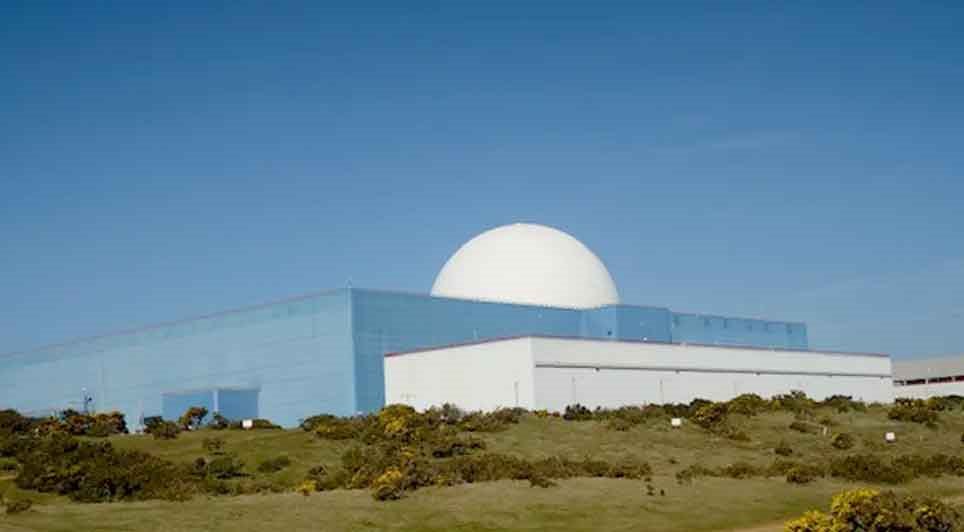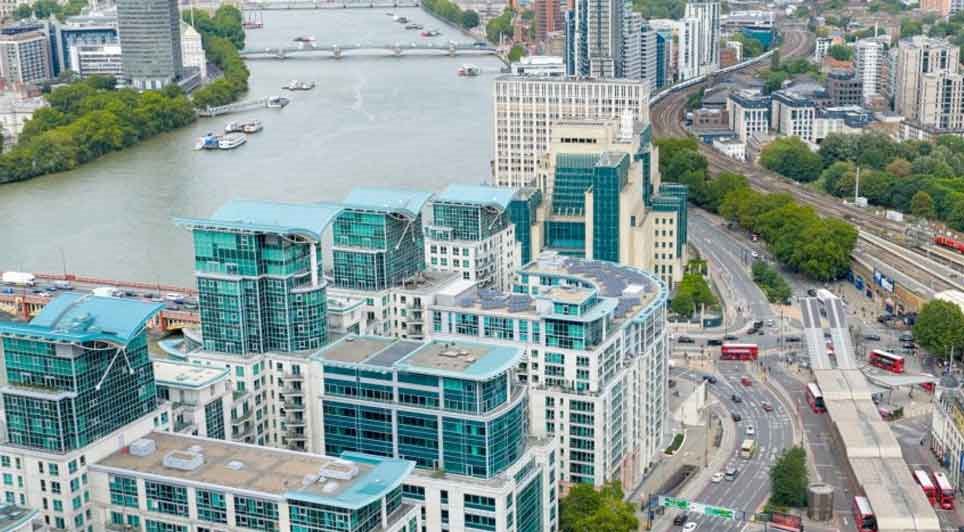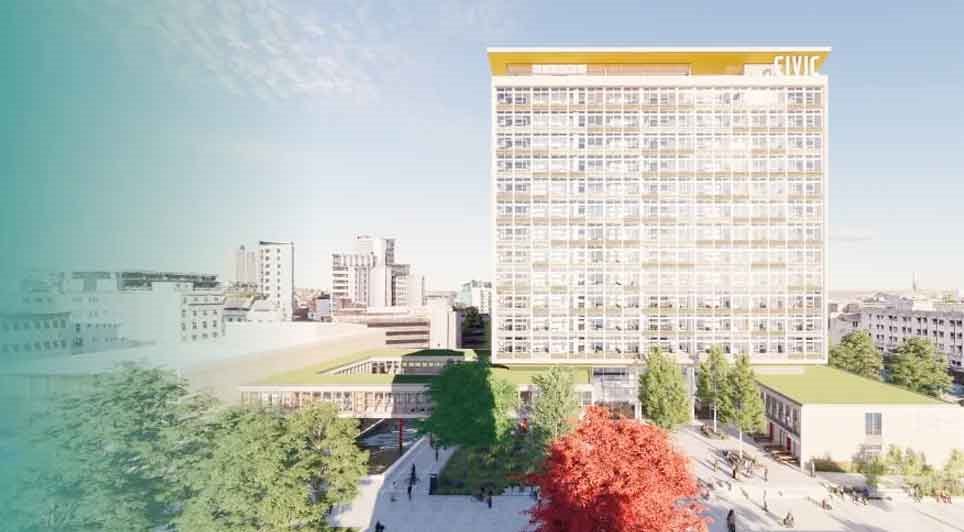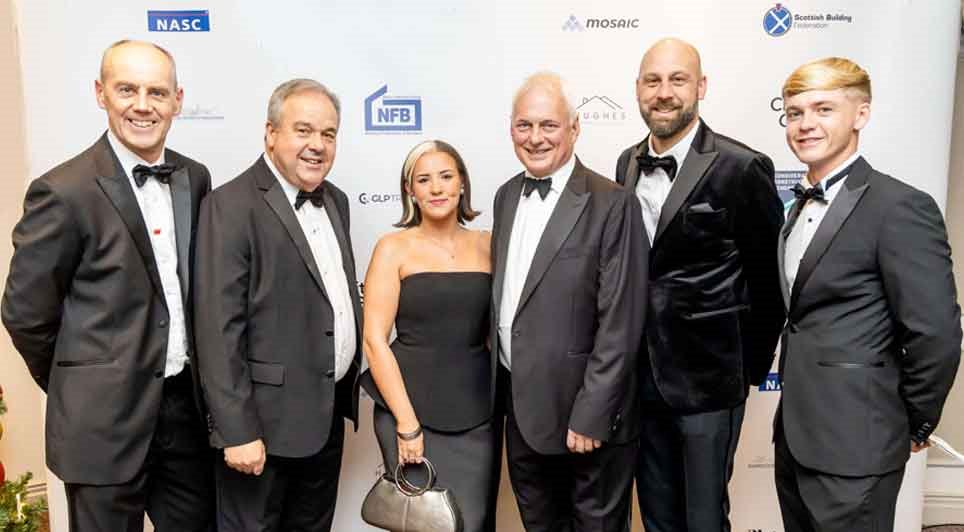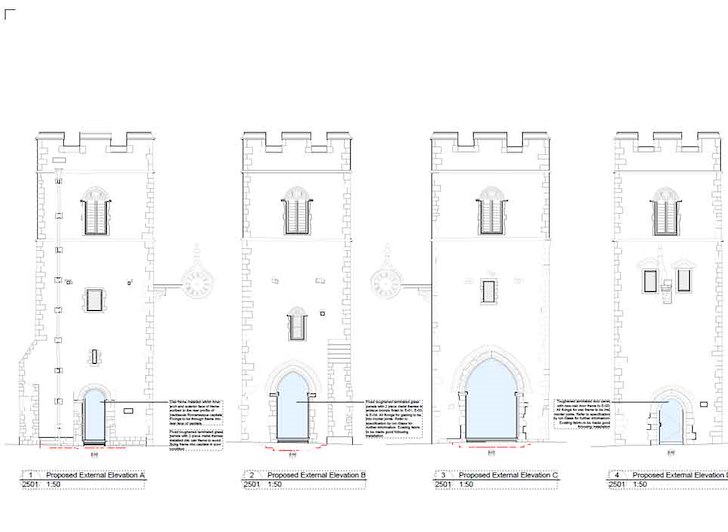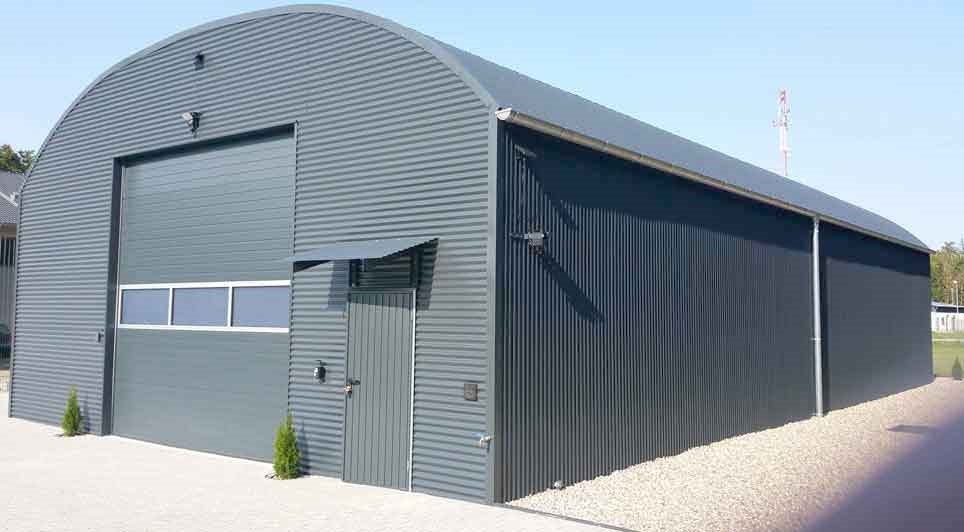Middlesbrough-based recycling specialist Scott Bros has announced a pioneering advancement at its £6 million wash plant, enabling it to operate exclusively on recycled water – a feat believed to be a world first for such a facility.
The wash plant, located at South Bank, is one of the UK's largest 'urban quarries'. It processes construction and excavation waste to extract high-quality aggregates, diverting thousands of tonnes from landfill annually. Previously, the plant relied on a mix of site water and rainwater, supplemented by mains water. However, an in-house modification of the filtration system has eliminated this dependence.
Scott Bros installed ultra-fine 10-micron filters, which allow the system to recycle rainwater more efficiently by preventing suspended solids from clogging jet nozzles. This upgrade enables the plant to process up to 300 tonnes of material per hour using only recycled water. Mains water is now only required in exceptional circumstances, such as prolonged drought, leading to significant reductions in both environmental impact and operating costs.
Peter Scott, a director at Scott Bros, stated: "To the best of our knowledge, this is the first wash plant in the world to run entirely on recycled water, a remarkable achievement for a family-run business. Water is an increasingly precious resource, and by harvesting rainwater and recycling every drop on site, we're setting a new standard for sustainable aggregate production."
Beyond the wash plant's water recycling capabilities, Scott Bros is also engaged in several innovative sustainability projects utilising 'filter cake', a fine-grained clay byproduct of the wash plant. Backed by Innovate UK and in partnership with Teesside University, the company has installed a £1 million low-carbon concrete plant. This facility replaces up to 25% of Ordinary Portland Cement with the recycled filter cake, leading to a reduction in carbon emissions.
Furthermore, Scott Bros is developing prototype bricks from the same material and supporting research into its potential for carbon capture. Trials suggest that filter cake could sequester up to 1.6 million tonnes of CO₂ annually in the North East, while simultaneously enriching soil quality.
Fellow director, Bob Borthwick, added: "This is what the circular economy should look like, local businesses creating practical, scalable solutions that deliver environmental, economic and social benefits. We're proud to be leading the way from right here on Teesside."
 UK
UK Ireland
Ireland Scotland
Scotland London
London

